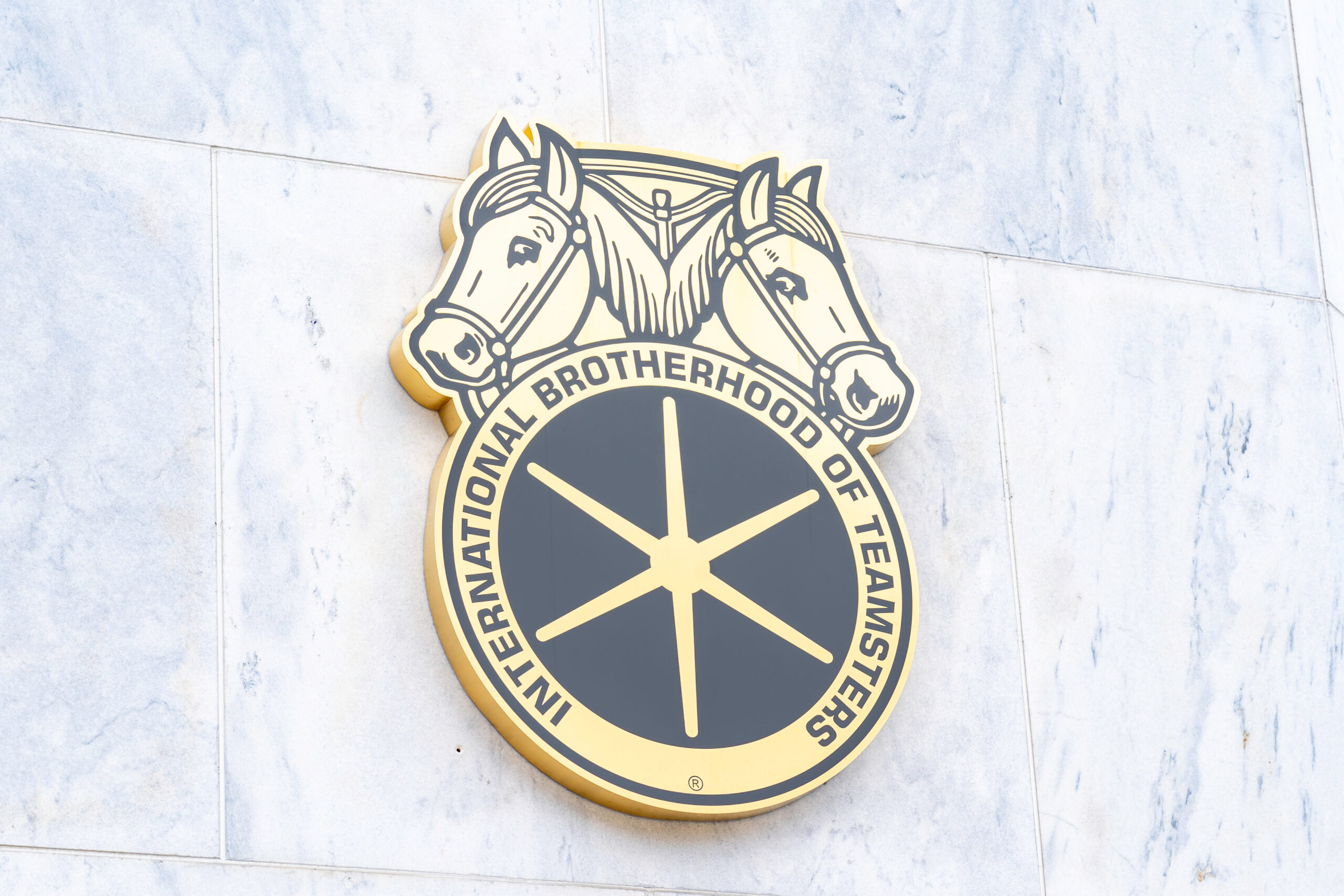Sean O’Brien, President of the International Brotherhood of Teamsters, made headlines as he delivered a keynote address at the Republican National Convention, marking a significant departure from the union’s traditional affiliations with the Democratic Party. His presence at the convention was historic, as he became the first Teamsters president to speak at such an event in the organization’s 121-year history.
Despite addressing a predominantly Republican audience, O’Brien did not shy away from criticizing corporate America. He denounced big businesses like Walmart and Amazon, accusing them of lacking allegiance to the United States and exploiting American workers. His rhetoric, often critical of economic disparities and corporate influence in politics, diverged sharply from traditional Republican themes.
While some applauded O’Brien’s boldness and willingness to challenge traditional partisan loyalties, others responded with subdued reactions or outright silence, reflecting the complexities of his message in a politically charged environment.
Throughout his address, O’Brien criticized what he viewed as a broken political system that fails to adequately represent working people, positioning himself and the Teamsters as independent voices seeking bipartisan solutions.
He claimed this bipartisan approach has already paid off, explaining how he began working with Senate Republicans early in his administration. “Josh Hawley was one of them,” he stated. “We started talking. Senator Hawley changed his position on national right-to-work.”
O’Brien’s appearance underscores a notable shift within the GOP toward a more populist agenda, championed in Washington D.C. by nonprofit think tank American Compass.
Founded by Oren Cass in 2020, the organization is “developing the conservative economic agenda to supplant blind faith in free markets with a focus on workers, their families and communities, and the national interest.”
American Compass’s stance on unions and labor differs from traditional conservative views. Some of their positions related to labor policy include:
- Supporting labor laws that make it easier for workers to organize and negotiate collectively.
- The idea of sectoral bargaining, where unions negotiate industry-wide standards rather than company-specific contracts.
- Trade policies that protect American industries and workers from what they perceive as unfair competition from abroad. This can involve tariffs and other protectionist measures aimed at reducing reliance on overseas manufacturing and boosting domestic production.
- Government involvement to provide things like paid family leave and childcare subsidies.
Notably, Donald Trump’s running mate choice, J.D. Vance, has publicly aligned himself with American Compass on multiple occasions.
